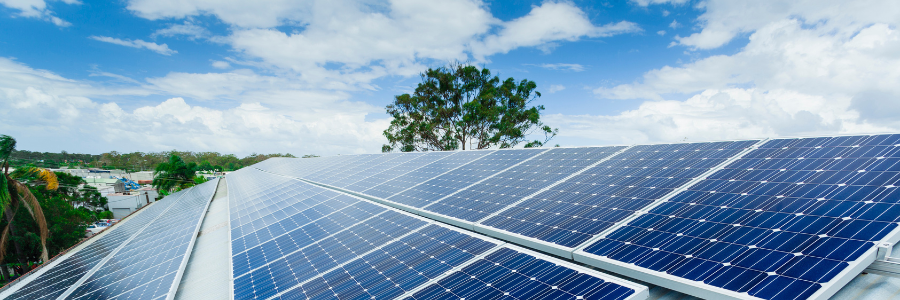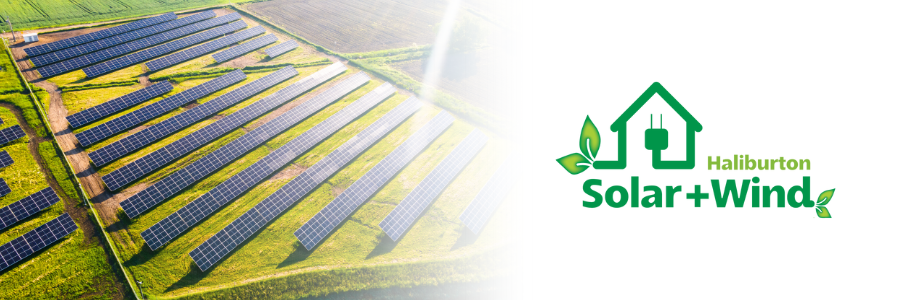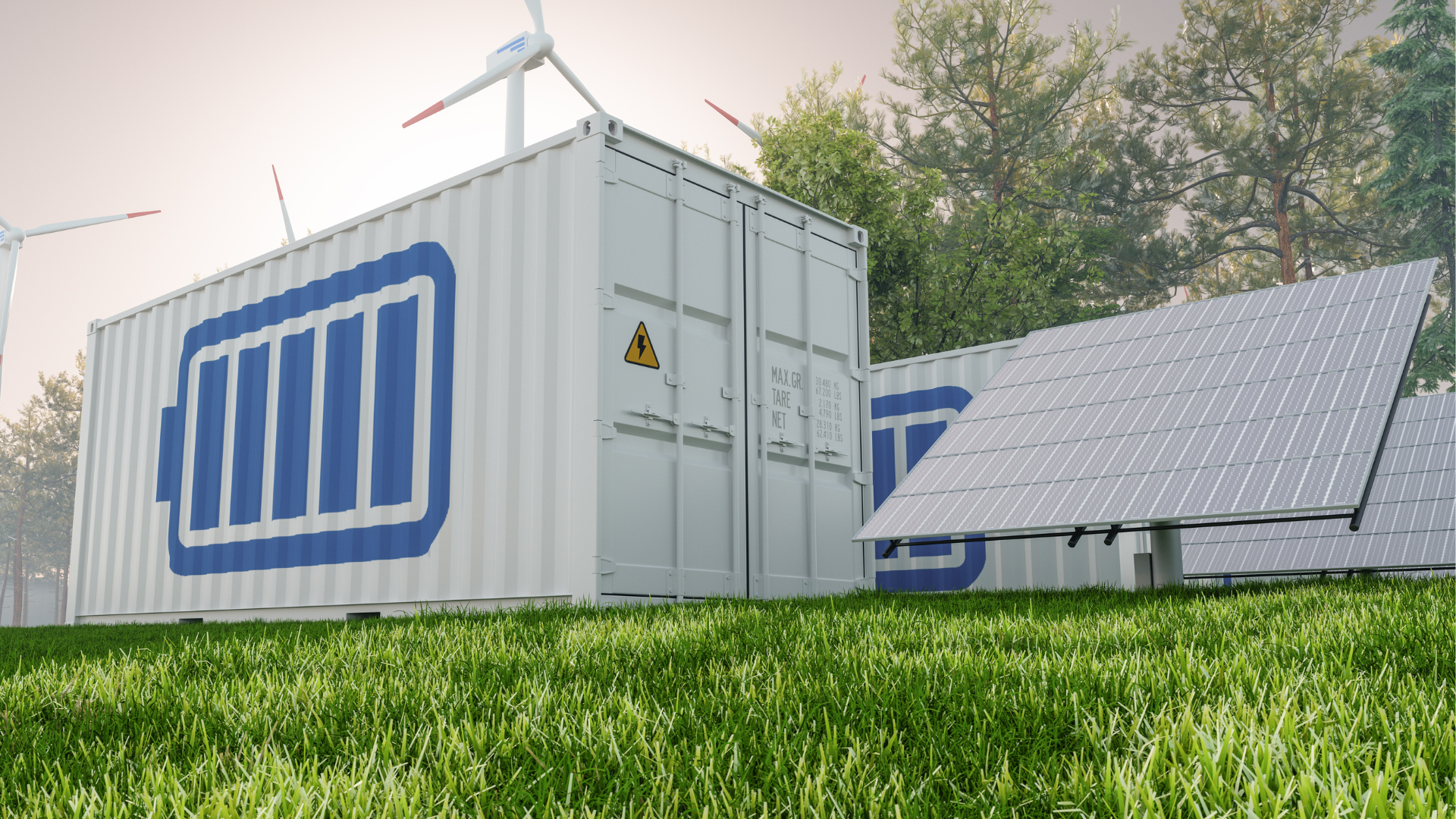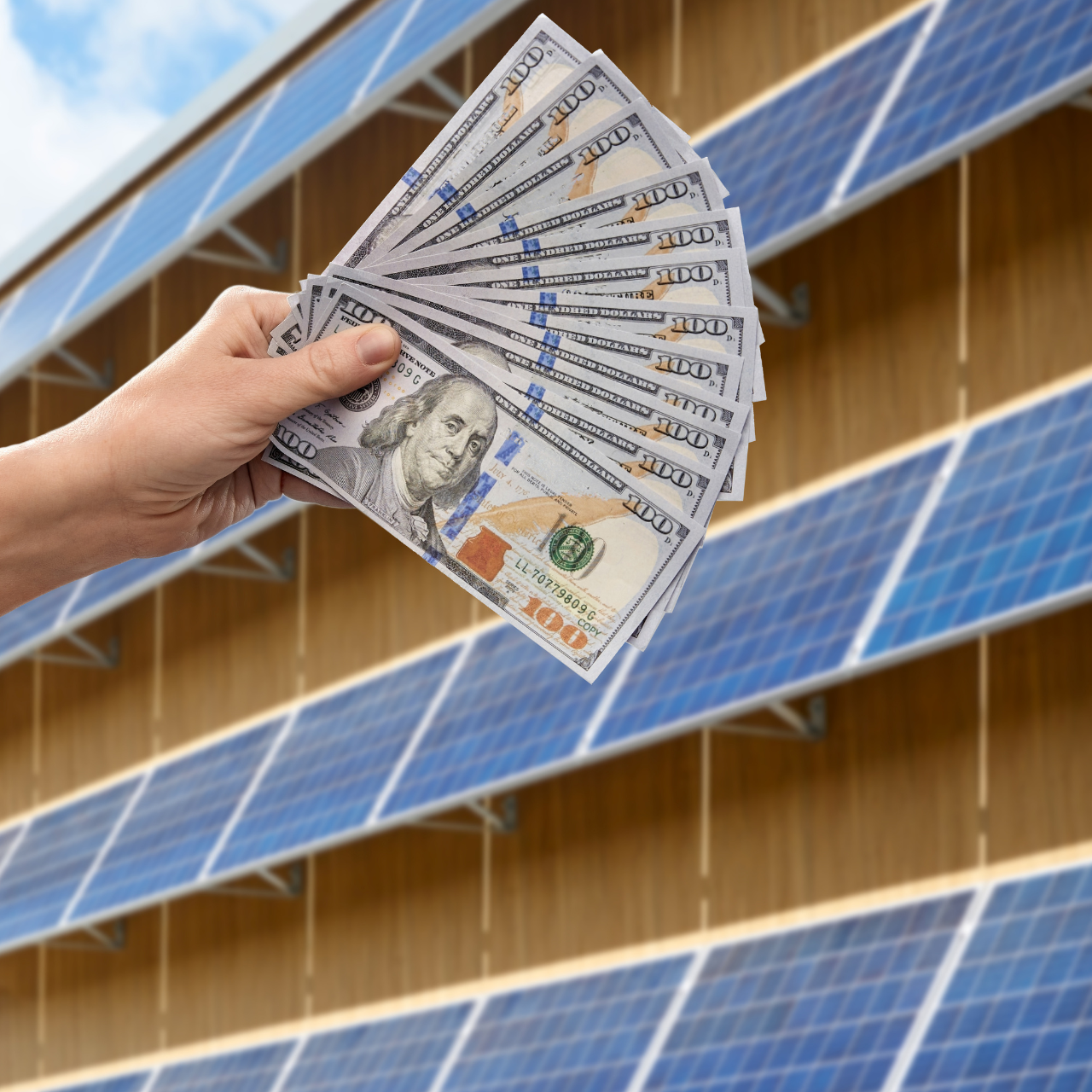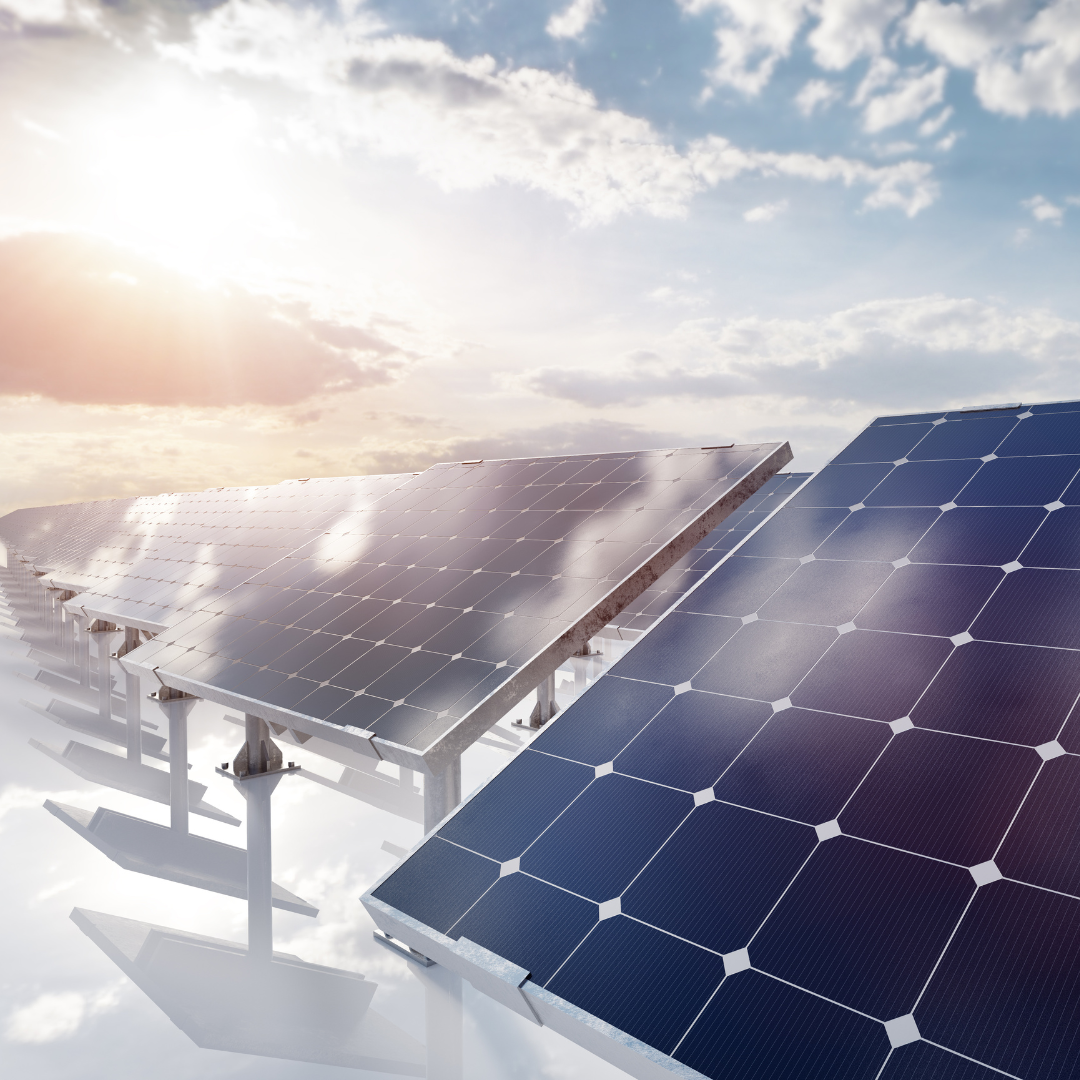The Benefits of Solar Panels in Ontario
Reduced Electricity Costs
One of the major benefits of installing solar panels in Ontario is the significant reduction in electricity costs. By harnessing the power of the sun, homeowners can generate their own clean and renewable energy, reducing their reliance on traditional electricity sources. This can lead to substantial savings on monthly utility bills, allowing homeowners to allocate their funds towards other expenses or investments.
Environmental Sustainability
Environmental sustainability is one of the key benefits of solar panels in Ontario. By harnessing the power of the sun, solar panels generate clean and renewable energy, reducing the reliance on fossil fuels. This helps to decrease greenhouse gas emissions and mitigate climate change. Additionally, solar energy production does not produce any air or water pollution, making it a environmentally friendly choice. Solar panels also have a long lifespan, reducing the need for frequent replacements and minimizing waste.
Government Incentives
In addition to the environmental benefits of solar panels, there are also several government incentives available in Ontario to encourage their adoption. These incentives aim to make solar panel installations more affordable and accessible for homeowners and businesses. One such incentive is the Green Ontario Fund, which provides grants ranging from $125 to $5,000 for eligible home retrofits. Another incentive is the Net Metering program, which allows solar panel owners to sell excess electricity back to the grid and receive credits on their energy bills. Additionally, homeowners can take advantage of the Residential Renewable Energy Tax Credit, which provides a tax credit of up to 30% of the cost of a solar panel system installation.
Energy Independence
Energy independence is one of the key benefits of solar panels in Ontario. By generating your own electricity from solar energy, you can reduce your reliance on the grid and have more control over your energy consumption. This can provide peace of mind knowing that you have a reliable source of power, especially during power outages or emergencies. Additionally, being energy independent can also lead to long-term savings as you are not subject to fluctuating electricity prices.
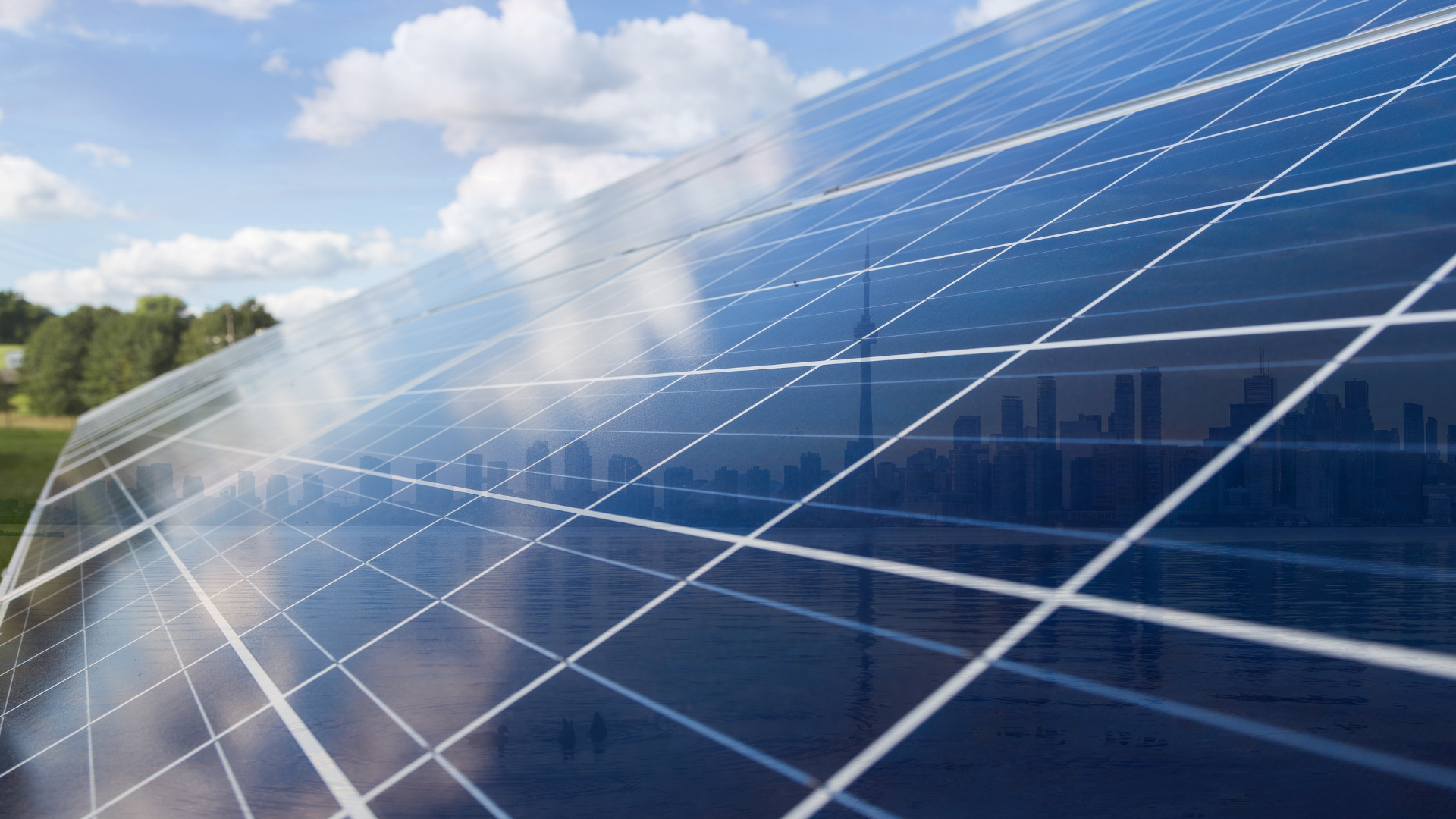
Choosing the Right Solar Panel System
Determining Your Energy Needs
Determining your energy needs is an important step in choosing the right solar panel system for your Ontario home. It involves assessing your current energy usage and understanding how much electricity you want your solar panels to generate. Factors to consider include the size of your home, the number of occupants, and your daily energy consumption. By accurately determining your energy needs, you can ensure that your solar panel system is appropriately sized to meet your electricity requirements.
Evaluating Different Panel Types
When evaluating different panel types for your solar panel system, it's important to consider a few key factors:
- Efficiency: Look for panels with high efficiency ratings, as this will determine how much electricity they can generate.
- Durability: Consider the durability of the panels, especially if you live in an area with harsh weather conditions.
- Warranty: Check the warranty offered by the manufacturer, as this will give you peace of mind in case of any issues.
- Cost: Compare the cost of different panel types, taking into account the long-term savings they can provide.
- Aesthetics: If the appearance of the panels is important to you, consider options that are visually appealing.
Remember, it's important to choose the right panel type that suits your specific needs and preferences. Take the time to research and compare different options before making a decision.
Considering Installation Options
When considering installation options for your solar panel system, there are a few factors to keep in mind. First, you'll need to determine the best location for your panels. This will depend on factors such as the amount of sunlight your property receives and any shading from nearby trees or buildings. Second, you'll need to decide whether to install the panels on your roof or on the ground. Roof installation is a popular choice as it maximizes space efficiency, but ground installation may be a better option if you have limited roof space or if your roof is not suitable for solar panels. Finally, you'll need to consider the type of mounting system to use. There are various options available, including flush mounts, tilt mounts, and tracking mounts. Each option has its own advantages and disadvantages, so it's important to research and choose the one that best suits your needs.
Assessing Long-Term Maintenance
When it comes to the long-term maintenance of your solar panel system, there are a few key factors to consider. First, regular cleaning and maintenance is essential to ensure optimal performance. This includes removing any debris or dirt that may accumulate on the panels. Additionally, it is important to monitor the energy production of your system to identify any potential issues or inefficiencies. By keeping track of your energy output, you can address any problems promptly and maximize the efficiency of your system. Finally, consider upgrading to energy storage to store excess energy generated by your panels for use during times of low production or high demand.
Finding a Reliable Solar Panel Installer
Researching Local Companies
When researching local companies for solar panel installation in Ontario, it is important to consider several factors. First, check the company's experience and expertise in the field. Look for established companies that have been in business for a significant amount of time and have a proven track record of successful installations. Second, verify the company's credentials and certifications. Make sure they are licensed and insured to perform solar panel installations in Ontario. Third, read customer reviews and testimonials. This will give you an idea of the company's reputation and the quality of their work. Finally, get multiple quotes from different companies. This will allow you to compare prices and services to make an informed decision.
Checking Credentials and Certifications
When researching solar panel installers, it is crucial to check their credentials and certifications. This ensures that the installer has the necessary expertise and qualifications to handle the installation process. Look for certifications such as the North American Board of Certified Energy Practitioners (NABCEP) certification, which demonstrates the installer's knowledge and competency in solar energy systems. Additionally, consider checking if the installer is a member of industry associations like the Canadian Solar Industries Association (CanSIA) or the Solar Energy Industries Association (SEIA). These memberships indicate that the installer is committed to upholding industry standards and best practices.
Reading Customer Reviews
Reading customer reviews is an important step in finding a reliable solar panel installer. By hearing about other customers' experiences, you can get a sense of the quality of service provided by different companies. Look for reviews that mention factors such as professionalism, timeliness, and customer satisfaction. Keep in mind that while positive reviews can be a good indicator, it's also important to consider any negative feedback and how the company responds to it. Taking the time to read customer reviews can help you make an informed decision and choose a reputable solar panel installer for your needs.
Getting Multiple Quotes
When it comes to installing solar panels in Ontario, it's important to get multiple quotes from different companies. This allows you to compare prices, services, and warranties to ensure you're getting the best deal. Additionally, obtaining multiple quotes gives you the opportunity to ask questions and gather information about each company's experience and expertise. By doing so, you can make an informed decision and choose a reliable solar panel installer that meets your needs and budget.
Understanding the Solar Panel Installation Process
Site Assessment and Design
After determining the feasibility of installing solar panels on your property, the next step is to conduct a thorough site assessment and design. This involves evaluating factors such as the orientation and tilt of your roof, shading issues, and available space. A professional solar panel installer will visit your property to assess these factors and design a system that maximizes energy production.
During the site assessment, the installer will also consider any structural modifications or reinforcements that may be required to support the solar panel system. This ensures that the installation is safe and meets all building code requirements.
Once the site assessment is complete, the installer will provide you with a detailed design proposal that includes the number of panels, their placement, and the expected energy output. This proposal will help you understand the system's potential and make an informed decision about moving forward with the installation.
It is important to note that the site assessment and design phase is crucial in ensuring the efficiency and effectiveness of your solar panel system. By carefully evaluating your property and designing a customized system, you can maximize the benefits of solar energy and optimize your electricity savings.
Permitting and Paperwork
Once you have determined the design and layout of your solar panel system, the next step is to obtain the necessary permits and complete the required paperwork. This process ensures that your installation meets all local regulations and building codes. It is important to carefully review the permit application and provide accurate information to avoid any delays or issues. Additionally, you may need to submit documentation such as site plans, electrical diagrams, and structural calculations. Working with a professional solar panel installer can help streamline this process and ensure that all paperwork is properly completed and submitted.
Panel Installation and Wiring
Once the site assessment and design phase is complete and all necessary permits and paperwork have been obtained, the next step in the solar panel installation process is panel installation and wiring. This involves carefully positioning the solar panels on the designated area of the roof or ground, ensuring they are securely mounted and angled for maximum sunlight exposure. The panels are then connected to the electrical system of the property, allowing the generated solar energy to be used to power the home or business. Proper wiring and connection are crucial to ensure the efficient and safe operation of the solar panel system.
Final Inspection and Connection
After the solar panels have been installed and wired, a final inspection is conducted to ensure that everything is functioning properly and safely. This inspection includes checking the wiring connections, verifying that the panels are securely mounted, and testing the system's performance.
Once the inspection is complete and the system has been approved, the solar panel installer will connect the system to the electrical grid. This involves coordinating with the local utility company to establish the necessary connections and ensure that the system is properly integrated.
It is important to note that the final inspection and connection process may vary depending on the specific regulations and requirements of your location. It is recommended to consult with a professional solar panel installer to ensure compliance with local guidelines and to maximize the efficiency and safety of your solar panel system.
For more information on the solar panel installation process, refer to the previous section on 'Understanding the Solar Panel Installation Process'.
Maximizing the Efficiency of Your Solar Panel System
Optimizing Panel Placement
Optimizing the placement of solar panels is crucial for maximizing their efficiency and energy production. Here are some key factors to consider:
- Orientation: Solar panels should ideally face south to receive the maximum amount of sunlight throughout the day.
- Tilt Angle: The tilt angle of the panels should be optimized based on the latitude of the installation site to ensure optimal energy capture.
- Shading: Avoid placing panels in areas that are shaded by trees, buildings, or other obstructions to prevent a decrease in energy production.
- Roof Condition: Assess the condition of the roof to ensure it can support the weight of the panels and consider any potential structural issues.
By carefully considering these factors, you can ensure that your solar panel system is positioned for maximum efficiency and energy generation.
Monitoring Energy Production
Monitoring the energy production of your solar panel system is crucial to ensure its optimal performance. By regularly monitoring the energy output, you can identify any issues or inefficiencies and take appropriate actions. There are several ways to monitor your solar panel system:
- Online Monitoring Platforms: Many solar panel systems come with online monitoring platforms that allow you to track the energy production in real-time. These platforms provide detailed information about the energy generated, consumed, and stored.
- Smartphone Apps: Some solar panel systems have dedicated smartphone apps that enable you to monitor the energy production from anywhere. These apps provide easy-to-understand visualizations and notifications for any abnormalities.
- Energy Meters: Installing energy meters can help you monitor the energy production of your solar panel system. These meters measure the energy generated and consumed, allowing you to track your system's performance.
- Data Logging Systems: Data logging systems can be used to record and analyze the energy production data of your solar panel system. These systems provide detailed insights into the performance of your system over time.
Regularly monitoring the energy production of your solar panel system will help you identify any issues early on and ensure that your system is operating at its maximum efficiency.
Regular Cleaning and Maintenance
Regular cleaning and maintenance are essential for ensuring the optimal performance and longevity of your solar panel system. Here are some key steps to follow:
Upgrading to Energy Storage
Upgrading to energy storage is a smart choice for homeowners who want to
maximize the benefits of their solar panel system. Energy storage allows you to store excess energy generated by your solar panels during the day and use it during times when the sun is not shining, such as at night or during cloudy days. This ensures that you have a continuous and reliable power supply, even when the grid is down or during peak demand periods. With energy storage, you can reduce your reliance on the grid and increase your energy independence.
